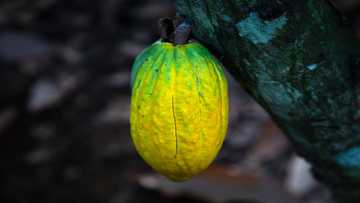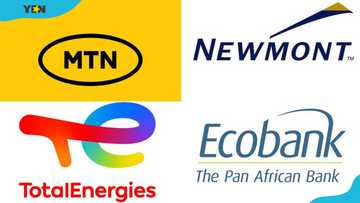Ghana COCOBOD: history, departments, CEO, directors, recruitment portal
Since the 1870s, cocoa has played a critical role in Ghana’s economy. It has dominated the agricultural sector for decades and has sustained the lives of millions of Ghanaians, either directly or indirectly. Because of its economic importance and export revenue generator, the government of Ghana has taken all measures to regulate the industry, prominently through the Ghana Cocoa Board (COCOBOD).
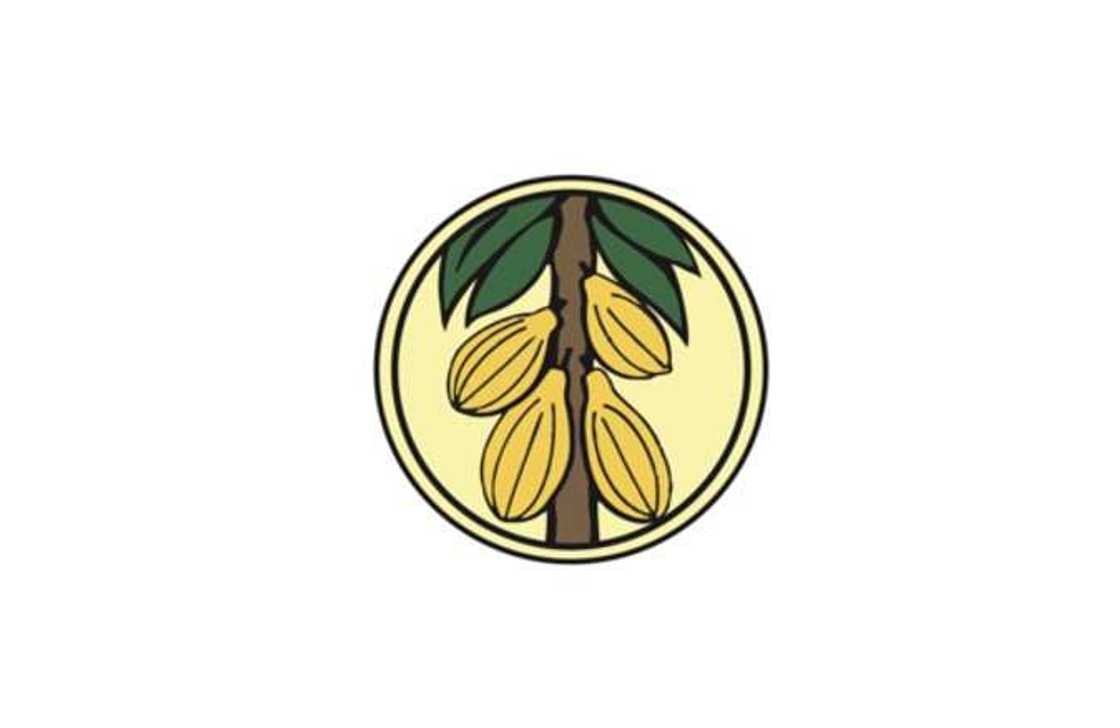
Source: UGC
The COCOBOD is a fully-owned state company responsible for the cocoa industry in Ghana. Its function is to control the purchase, marketing and export of cocoa beans produced by small scale and large scale farmers in Ghana. The board also works in helping farmers improve the production of cocoa and put up measures that can increase the sustainability of the plant’s fertility.
When was COCOBOD established?
The Ghana COCOBOD find its roots in 1937. Before it became COCOBOD, farmers in the Gold Coast stopped selling their cocoa at the low prices demanded by European merchants. They withheld their produce for eight months until the British Empire formed an inquiry to investigate the concerns raised by smallholder farmers.
The commission mandated to conduct the investigations, Nowell Commission of Enquiry, drafted a report and recommended the government help cocoa farmers establish a Marketing Board.
In 1940, the government established the West African Produce Control Board. The function of the board was to buy cocoa from West African farmers at guaranteed prices. However, the board only worked for six years and dissolved in 1946.
In 1947, the government took a step further to regulate the market value of cocoa and its production. It set up the Ghana Marketing Board. The GMB worked for 32 years before its dissolution in 1979. The dissolution meant that the Government of Ghana had to set up a new board to regulate the cocoa market.
The Ghana Marketing Board then became the Ghana Cocoa Board, now known as the COCOBOD. The COCOBOD underwent many reforms since its formation in 1979. Today, its mission is to encourage and facilitate the production, processing, and marketing of high-quality cocoa, coffee, and shea nut.
As a state-owned institution responsible for regulating cocoa prices and coordinating marketing activities, COCOBOD is the only organisation in Ghana permitted to sell cocoa to the world market. The board sells about 70% of all cocoa produced in Ghana through the futures market. Before selling the commodity, COCOBOD first fixes the price of beans for the entire crop year.
How the COCOBOD has regulated the cocoa industry
COCOBOD has put many measures to support the growth of the cocoa industry. In 1984, for example, it introduced a Cocoa Rehabilitation Project. The scheme was to provide improved varieties of cocoa seeds for farmers. As a result, the company introduced hybrid seeds that offer better yields within the shortest time possible.
In 2001, it conducted a mass spraying programme to reduce or eliminate pests and diseases from new and aged cocoa farms at no cost to all farmers. As a result, the scheme helped to increase productivity by up to 30%. The COCOBOD has also significantly influenced the accumulation of surplus crops that Ghanaians have used in times of shortages.
As the regulator of prices, the COCOBOD increased farmgate prices of cocoa in 2019 by 5.2% to $1,523.81 for the 2019/2020 season. Also, in 2019, the government of Ghana and that of Ivory Coast started plans to increase cocoa prices. That is because the two countries are the largest exporters of cocoa globally, and their collaboration can help them exert control of global prices.
What are the subsidiaries and divisions of the COCOBOD?
Which sector is COCOBOD in Ghana? The Ghanaian COCOBOD falls under the Agriculture and Rural Development. The goal of Agriculture and Rural Development is to promote food crop production in rural areas, modernise traditional farming practices, transfer resources, and technology. The COCOBOD of Ghana has the following departments:
1. Cocoa Research Institute of Ghana
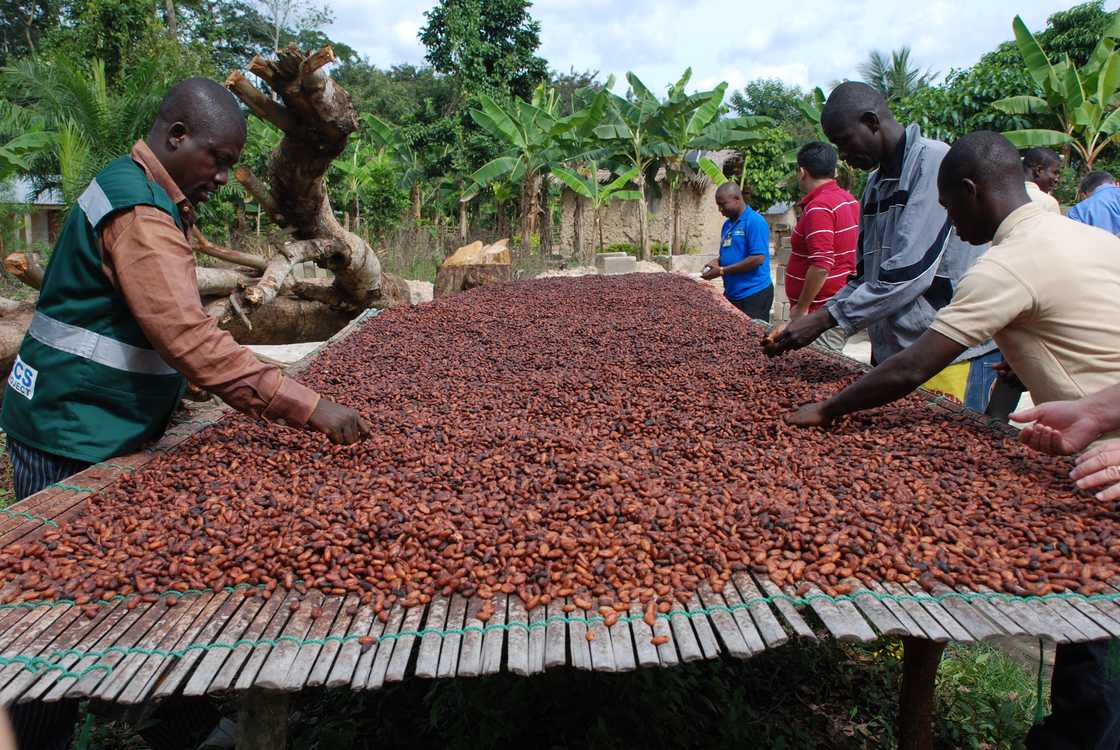
Source: Twitter
The Cocoa Research Institute of Ghana is a department within the COCOBOD mandated to assess the quality of cocoa, including its flavour. It also functions to handle the harvest and post-harvest processes, including harvesting, pod breaking, fermentation, drying, and storage. The CRIG also educates and sensitises farmers about methods of ensuring a high-yielding harvest.
You can contact the CRIG through the following information:
- Office address - P. O. Box 8 New Tafo-Akim. Eastern Region, Ghana.
- Email - info@crig.org.gh.
- To get regular updates and news alerts, visit its website at crig.org.gh.
2. Seed Production Division
The Seed Production Division works towards multiplying and distributing high-quality cocoa and coffee planting materials to farmers. The division operates in 27 stations and four coffee stations within regions where farmers grow the cash crops. Its head office is in Swanzy Shopping Arcade, Accra, and its contact information is info@cocobod.gh.
3. Cocoa Health and Extension Division
The Cocoa Health and Extension Division is responsible for controlling viruses and diseases affecting cocoa plants and farms. It also rehabilitates old unproductive farms and offers extension services.
You can contact the division through:
- Postal address: P.O. Box 3197 Accra
- Email address: cssvd-cu@cocobod.gh
- Official website: ched.com.gh.
4. Quality Control Company
The Quality Control Company of the COCOBOD implements quality control measures. It works by drafting policies that farmers must observe to ensure the production of premium quality cocoa in Ghana. Its head offices are in Kwame Nkrumah Avenue Accra, Ghana, and you can contact them through:
- Email address: info@qccgh.org
- Official address: qccgh.org.
5. Cocoa Marketing Company
The Cocoa Marketing Company works to ensure the efficient marketing of Ghanaian cocoa. CMC perform the external marketing function of COCOBOD and controls the internal marketing system. Its head offices are in Kwame Nkrumah Ave, Accra, and you can reach them through:
- Email address: cocobod@cocobod.gh
- Official website: cocobod.gh.
Who is the CEO of Ghana COCOBOD?
The current CEO of COCOBOD is Honourable Joseph Boahen Aidoo. He is a Ghanaian politician and former Member of Parliament for the Amenfi East constituency. Aidoo became the CEO of COCOBOD in February 2017. As the CEO, he is the administrative head and responsible for the board's day-to-day running.
Members of the COCOBOD that serve under him, who are also directors of the board, are:
- Mr E. Ray Ankrah - Deputy Chief Executive (Finance & Administration).
- Dr Emmanuel Adem Opoku - Deputy Chief Executive (Operations).
- Dr Emmanuel Agyemang Dwomoh - Deputy Chief Executive (Agronomy & Quality Control).
- Mr Peter Osei-Amoako - Director, Finance.
- Dr Mrs Agnes Owusu-Ansah - Director, Scholarship.
- Mr Francis Akwasi Opoku - Director, Legal Services/ Solicitor Secretary.
- Mr Charles Asamoah-Frimpong - Director, Audit.
- Mr Ernest O. Duodu - Director, General Services.
- Mr Emmanuel Twumasi - Director, Research, Monitoring & Evaluation.
- Mr Randolph John Adei - Director, Human Resource.
- Mr Charles Amenyaglo - Director, Special Services.
- Mr Vincent Okyere Akomeah - Managing Director, Cocoa Marketing Company.
- Dr Gilbert Anim-Kwapong - Director, Monitoring & Evaluation Of Codapec/Hi-Tech.
- Dr Emmanuel Nii Tackie - Executive Director, Cocoa Health And Extension Division.
- Mr Julius M.K.O. Martinson- Ag. Managing Director, Quality Control Limited.
- The Government of Ghana appoints all directors of the board and governs COCOBOD. The Minister of Food and Agriculture exercises ministerial responsibility.
Which industry is COCOBOD?
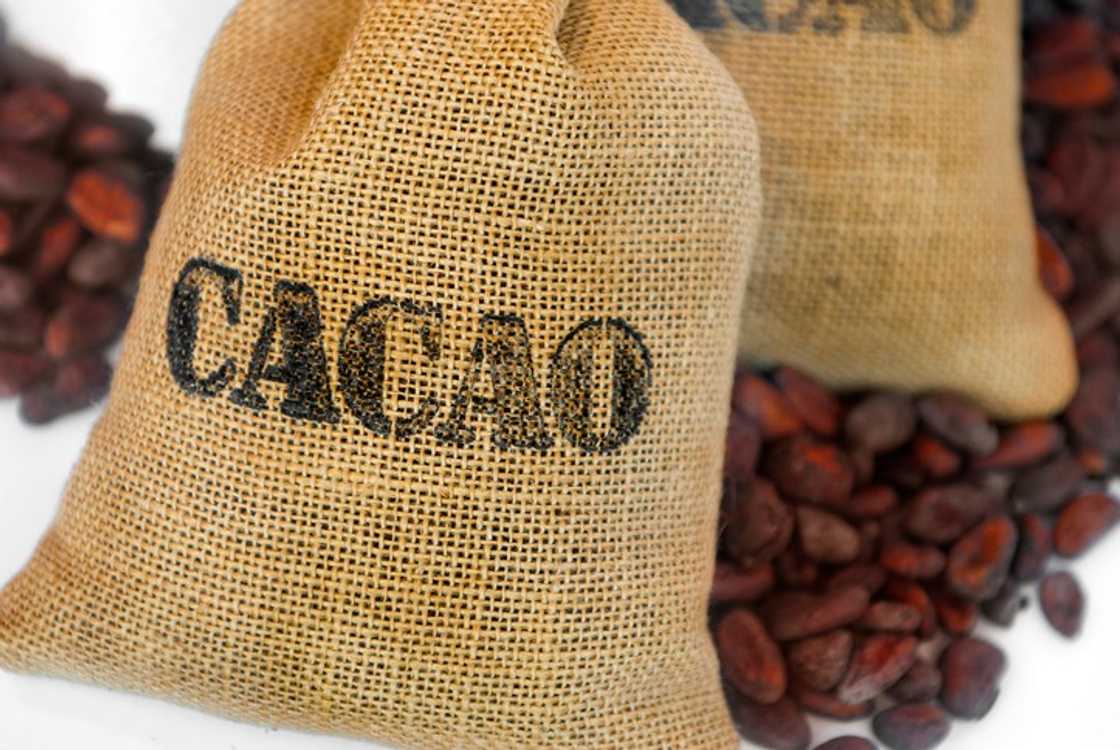
Source: Twitter
The COCOBOD falls under the cocoa industry, contributing about $1.9 billion to the Gross Domestic Product. The product is Ghana’s chief agricultural export and main cash crop and contributes to around 30% of the country's export earnings.
The cocoa industry directly employs about 800,000 small scale farmers in Ghana, making up 60% of Ghana's agricultural base. That makes the product a crucial revenue generator in Ghana, hence regulating it through the COCOBOD.
How to contact the Ghana Cocoa Board
The Ghana Cocoa Board address is:
- Physical location: Office - Cocoa House, 41 Kwame Nkrumah Avenue.
- Postal address: P.O. Box 933, Accra.
- Telephone number: 0302661877 or 0302667416
- Email address: public_affairs@cocobod.gh
Individuals looking for job vacancies in Ghana Cocoa Board should regularly visit the board’s website for updates about the available job positions.
The Government of Ghana set up the Ghana Cocoa Board in 1979 to encourage and facilitate the production, processing, and marketing of high-quality cocoa, coffee, and shea nut in the country. Since its establishment, COCOBOD has put measures to regulate the cocoa industry in Ghana and ensure its long-term sustenance.
Yen.com.gh shared an article about Korle-Bu Teaching Hospital, history, departments, address, and contacts. It is one of the premier healthcare facilities with an outstanding track record in Ghana.
Korle-Bu Teaching Hospital has proven its competence over the years and has won the mind and trust of people within and outside the country. The likelihood that they will embrace expansion in a few years due to people's rising needs is high.
Source: YEN.com.gh




